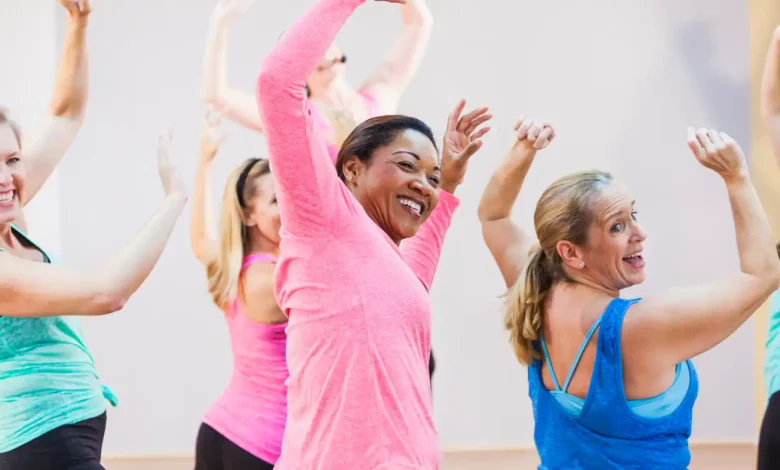Can Dancing Boost Mental Health?
Below we share the many benefits of dancing on mental health.

Dancing is a form of self-expression and rhythmic movement involving coordinated body movements typically performed to music. It can be a recreational activity, a performing art, or a professional career.
Mental health refers to a person’s emotional, psychological, and social well-being. It affects how people think, feel, and act, and influences how they handle stress, relate to others, and make choices. Good mental health is essential for overall well-being and quality of life. Incorporating dancing into your routine can help boost your mental health. Read on as we share the many benefits of dancing on mental health.
Here are ten ways in which dancing can boost mental health:
1. Stress reduction
Dancing helps to release endorphins, which are known as “feel-good” hormones. It promotes relaxation and reduces stress levels.
2. Mood enhancement
Engaging in dancing can elevate mood and combat feelings of sadness or depression. It can increase self-esteem and boost confidence.
3. Social interaction
Dancing often takes place in a group setting, allowing for social connection and interaction. This fosters a sense of belonging and can reduce feelings of loneliness or isolation.
4. Increased body awareness
Dancing involves becoming more attuned to your body, its movements, and its capabilities. This mindfulness can help to improve body image and self-acceptance.
5. Cognitive stimulation
Learning dance routines and patterns require mental focus, concentration, and memory skills. Regular dancing can enhance cognitive abilities and mental agility.
6. Physical fitness
Dancing is a physical activity that can improve overall physical health, including cardiovascular fitness, strength, flexibility, and coordination. A healthy body contributes to better mental health.
7. Expressive outlet
Dancing allows individuals to express their emotions and creativity through movement. This can provide an outlet for emotional release and self-expression.
8. Increased self-confidence
Mastering dance steps and routines can boost self-esteem and self-confidence. Dancing challenges individuals to push their boundaries and achieve personal goals.
9. Mind-body connection
Dancing requires coordination between the mind and body, promoting a strong mind-body connection. This can enhance overall well-being and contribute to a more balanced mental state.
10. Fun and enjoyment
Dancing is a pleasurable and enjoyable activity. Engaging in enjoyable activities is crucial for mental health and overall life satisfaction.
Dancing facilitates better mental health in various ways. It helps to release endorphins and reduce stress, increasing feelings of happiness and relaxation. It promotes social interaction and a sense of belonging, reducing feelings of loneliness. Dancing also enhances cognitive skills, promotes physical fitness, and encourages self-expression and creativity. These factors combined contribute to better mental health and well-being.
When trying dancing for better mental and physical health, here are a few things to keep in mind:
Choose a dance style and level that suits your abilities and fitness level.Gradually work towards improving your skills and abilities, and celebrate small achievements along the way.Pay attention to how your body feels during and after dancing. Rest and take breaks when needed to avoid overexertion.Prioritise warming up your body with stretches and gentle movements before engaging in more intense dance routines.Stay hydrated during dance sessions and ensure you have enough energy by eating balanced meals.
Remember that dancing is meant to be enjoyable, so embrace the joy and pleasure that dancing brings to your life.




